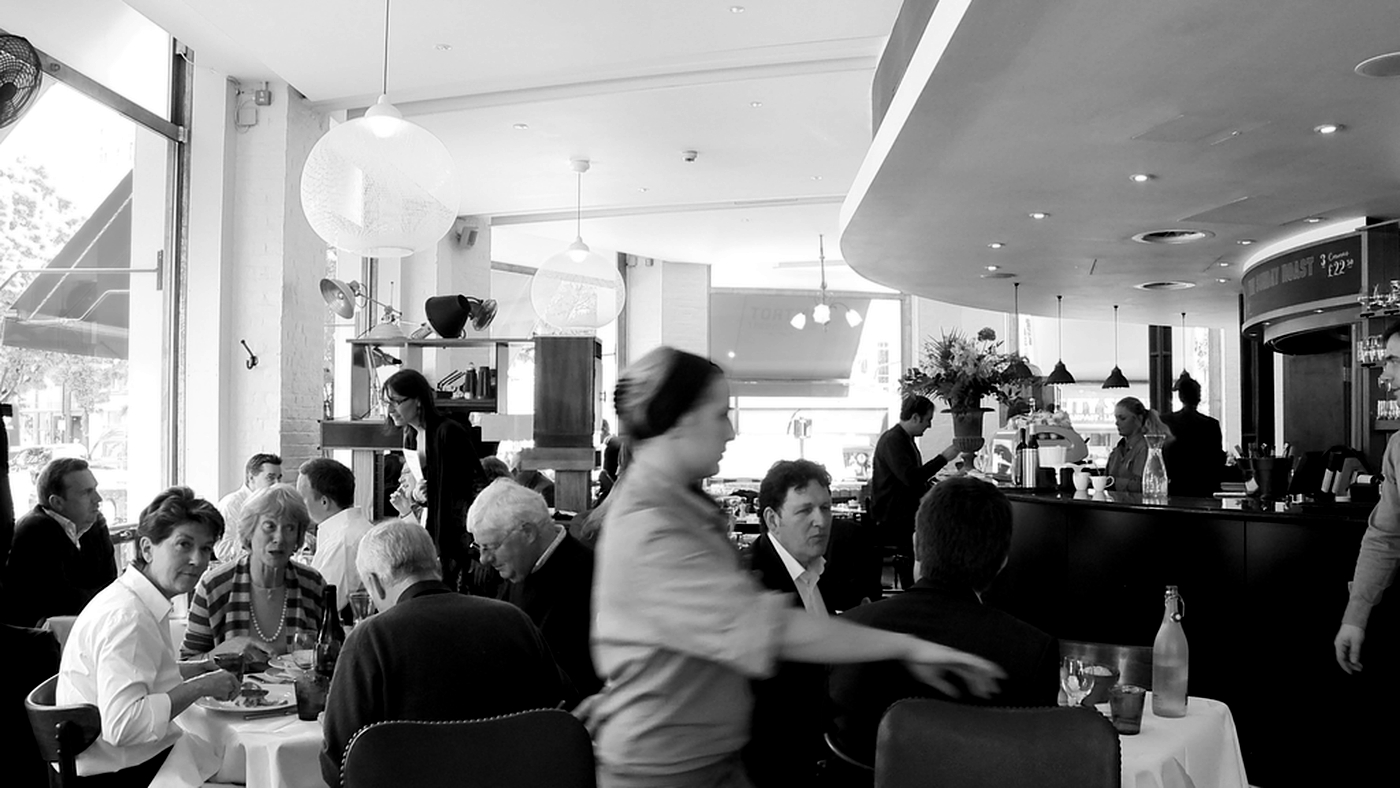It's (not) all about plot

It takes more than good food to make a good restaurant. Whether you enjoy a meal, whether you go back somewhere, is affected by more than just the cooking. It’s the service, the décor, the whole atmosphere. In fact, many people in the restaurant business agree that – if you have to choose – a restaurant with wonderful service and average food is more likely to succeed than one with wonderful food but terrible service.
So it is with film, television, theatre. You hear a lot about plot and story structure, but actually, plot is only one element. It’s important – usually – to have some idea of a narrative, something to propel things forward, but plot and story are simply the coat hanger. Of course, some films depend entirely on a compelling story. But quite often the actual plot doesn’t really matter very much. I was thinking this recently while watching the magnificent Kate Winslett in the magnificent “Mare of Easttown”. The main plot was OK, but by no means exceptional as a police crime story. What made the series absolutely compelling for me were the characters and the atmosphere – the depiction of real people in an entirely credible town. The details of the plot were not all that important.
And this atmosphere was created, yes by the underlying script, and of course my Miss Winslett’s work, but both needed everyone else who worked on the show, too. The whole package.
I’m reminded of most of Raymond Chandler’s work. Who can follow the plot of “The Big Sleep”? Who cares whether it makes sense? You’re happy to go along for the ride, whether on screen or on the page.
What does this mean for writers? Nothing new, really. Just that, like a restaurant, a dramatic production in whatever medium is a work of collaboration.
